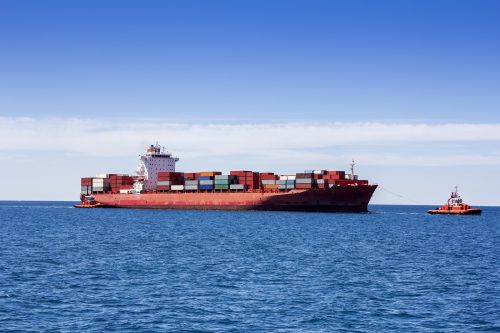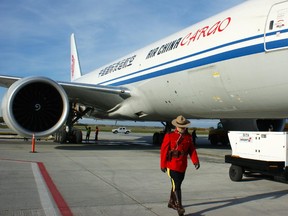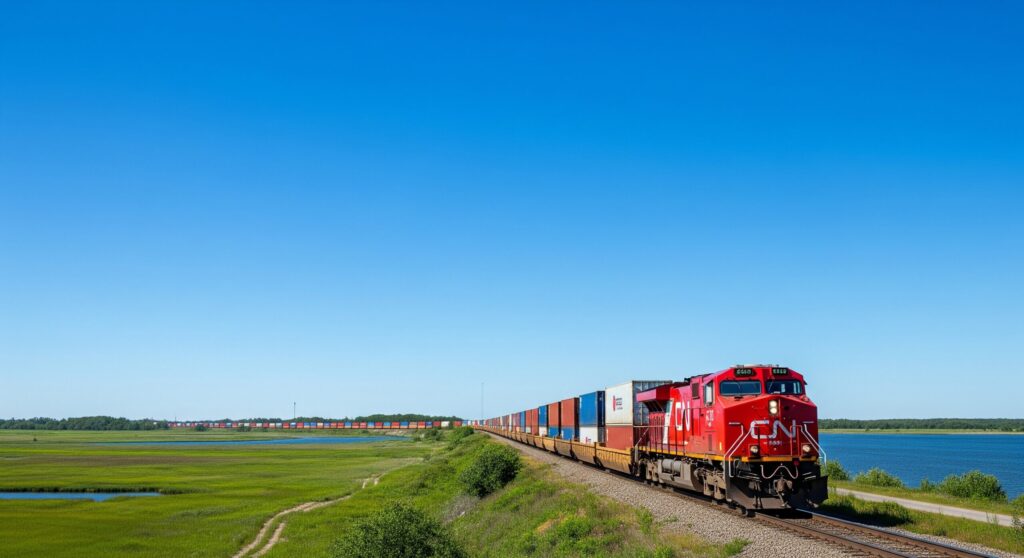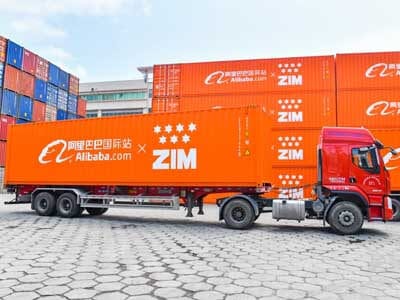Table of Contents
Efficient freight forwarding China to Singapore ensures timely delivery and cost savings for importers managing cross-border logistics. Whether handling bulk cargo or small parcels, choosing the right forwarding partner can streamline customs, minimize transit delays, and boost supply chain efficiency.
What Is Freight Forwarding from China to Singapore?
Essentially, freight forwarding China to Singapore refers to the organized transport of goods between the two countries using air, sea, or rail routes.
Forwarders act as intermediaries between shippers and carriers, coordinating cargo pickup, customs clearance, warehousing, and delivery schedules.
| Mode | Transit Time | Typical Cost (USD) | Ideal For | Pros | Cons |
|---|---|---|---|---|---|
| Sea Freight (LCL/FCL) | 5–8 days | 80–1,000 | Large shipments | Cost-effective, eco-friendly | Slower delivery |
| Air Freight | 1–3 days | 400–1,200 | Urgent cargo | Fast, secure | Higher cost |
| Rail Freight | 6–10 days | 150–800 | Mid-size cargo | Reliable schedule | Limited routes |
| Express Courier | 2–4 days | 60–300 | Small parcels | Door-to-door service | Volume limits |
Indeed, Singapore’s port and logistics systems are among the most advanced globally, making it an ideal hub for Chinese exports.
Why Choose Freight Forwarding for China–Singapore Trade?
Choosing a freight forwarder ensures efficient coordination of import/export processes. Moreover, they optimize transit time, negotiate shipping rates, and manage customs compliance.
Key benefits include:
- Professional route planning
- Reduced customs delays
- Transparent cost estimation
- Consolidation for smaller loads
- Real-time tracking options
Additionally, freight forwarders understand bilateral trade policies between China and Singapore, ensuring your cargo complies with both nations’ import regulations.
How Much Does Freight Forwarding from China to Singapore Cost?
Freight costs depend on several variables — cargo weight, dimensions, transport mode, and delivery urgency. As a result, having an accurate estimate is crucial for budgeting.
| Shipping Type | Cost per CBM / kg (USD) | Transit Time | Additional Notes |
|---|---|---|---|
| FCL 20ft | 500–800 | 5–7 days | Cheaper per unit volume |
| FCL 40ft | 900–1,300 | 5–7 days | Ideal for bulk cargo |
| LCL | 50–90 / CBM | 6–8 days | Great for small shipments |
| Air Freight | 4.5–7.5 / kg | 1–3 days | Fast but costly |
| Express | 6–12 / kg | 2–4 days | Door-to-door delivery |
However, these prices may fluctuate due to oil rates, seasonal demand, and customs taxes. It’s advisable to compare rates before booking.
What Customs Procedures Apply Between China and Singapore?
Customs clearance is a vital step in freight forwarding. Each shipment must comply with both Chinese export laws and Singaporean import regulations.
Required Documents:
| Document | Purpose |
|---|---|
| Commercial Invoice | Declares goods’ value and origin |
| Packing List | Details quantity, weight, dimensions |
| Bill of Lading / Air Waybill | Proof of shipment |
| Certificate of Origin | Validates source of goods |
| Import/Export Licenses | Required for restricted goods |
| Customs Declaration Form | Used for tax and inspection |
Moreover, incomplete documentation can cause significant clearance delays. Freight forwarders handle these processes efficiently, ensuring compliance at both ends.
What Are the Main Shipping Routes from China to Singapore?
The logistics network between China and Singapore includes several efficient routes:
Sea Freight Routes:
- Shanghai → Singapore via South China Sea (~2,300 nautical miles)
- Shenzhen → Singapore via Malacca Strait (~2,000 nautical miles)
Air Freight Routes:
- Guangzhou → Singapore Changi Airport
- Hong Kong → Singapore Changi Airport
Furthermore, Singapore’s proximity allows for frequent sailings, making delivery schedules predictable. On the other hand, urgent cargo can use direct air routes for next-day arrival.
Case Studies: Real Freight Forwarding Examples
Case 1: Electronics Shipment from Shenzhen to Singapore
- Cargo Type: Consumer electronics (12 tons)
- Mode: FCL sea freight
- Route: Shenzhen Port → Port of Singapore
- Transit Time: 6 days
- Cost: USD 1,050
- Notes: Shipper consolidated multiple orders to reduce per-unit cost by 18%.
Case 2: Textile Delivery from Guangzhou to Singapore
- Cargo Type: Fabric rolls (2,500 kg)
- Mode: Air freight
- Transit Time: 2 days
- Cost: USD 5,800
- Notes: Urgent delivery for a fashion retailer’s new-season launch; insurance included.
How to Choose the Right Freight Forwarder
Selecting the right partner directly affects efficiency and cost. Consider:
- Experience in China–Singapore trade
- Transparent pricing with no hidden fees
- Customs expertise for smooth clearance
- Flexible options for air, sea, or express freight
- Cargo insurance coverage
Additionally, a professional forwarder provides end-to-end tracking and personalized support throughout the shipment process.
Shipping Method Comparison: Which Is Best for You?
| Method | Transit Time | Cost | Best For | Pros | Cons |
|---|---|---|---|---|---|
| Sea Freight | 5–8 days | Low | Bulk goods | Economical | Slower |
| Air Freight | 1–3 days | High | Urgent cargo | Fast delivery | Costly |
| Express Courier | 2–4 days | Moderate | Small parcels | Convenient | Volume limits |
| Rail Freight | 6–10 days | Medium | Mixed cargo | Reliable | Limited coverage |
To summarize, the optimal choice depends on urgency, budget, and cargo type. For instance, e-commerce sellers often prefer express, while factories choose FCL sea freight.
Conclusion
In conclusion, freight forwarding China to Singapore offers businesses efficient logistics solutions, ensuring smooth customs clearance and timely cargo delivery.
By selecting the right mode—sea for cost efficiency, air for urgency, or express for flexibility—you can optimize your import/export strategy.
Ultimately, a reliable freight forwarding partner provides transparent pricing, proactive communication, and full cargo visibility—critical factors for successful international trade between China and Singapore.
Request a Quote
Need a tailored solution for your shipping from China?
Let TJ China Freight Forwarder assist you with reliable, cost-effective service.
FAQ:
Q1.How do I calculate shipping costs for freight forwarding China to Singapore?
Shipping cost depends on cargo size, weight, delivery schedule, and mode—air, sea, or express. Request a tailored quote from your freight forwarder.
Q2.What is the best incoterm for freight forwarding China to Singapore?
FOB and CIF are most used; CIF simplifies shipping by including freight and insurance, while FOB gives buyers control over transport.
Q3.Can I ship hazardous materials from China to Singapore?
Yes, but only through approved carriers. Freight forwarders must prepare MSDS documents and ensure compliance with Singapore’s import safety rules.
Q4.How do customs clearance delays affect delivery time?
Incomplete paperwork or inaccurate HS codes can add 2–3 days. A skilled freight forwarder minimizes customs delays with proper documentation.
Q5.Are there any restricted items when importing goods into Singapore?
Yes, items like alcohol, tobacco, chemicals, and electronics require import permits or additional customs declarations before entry approval.





